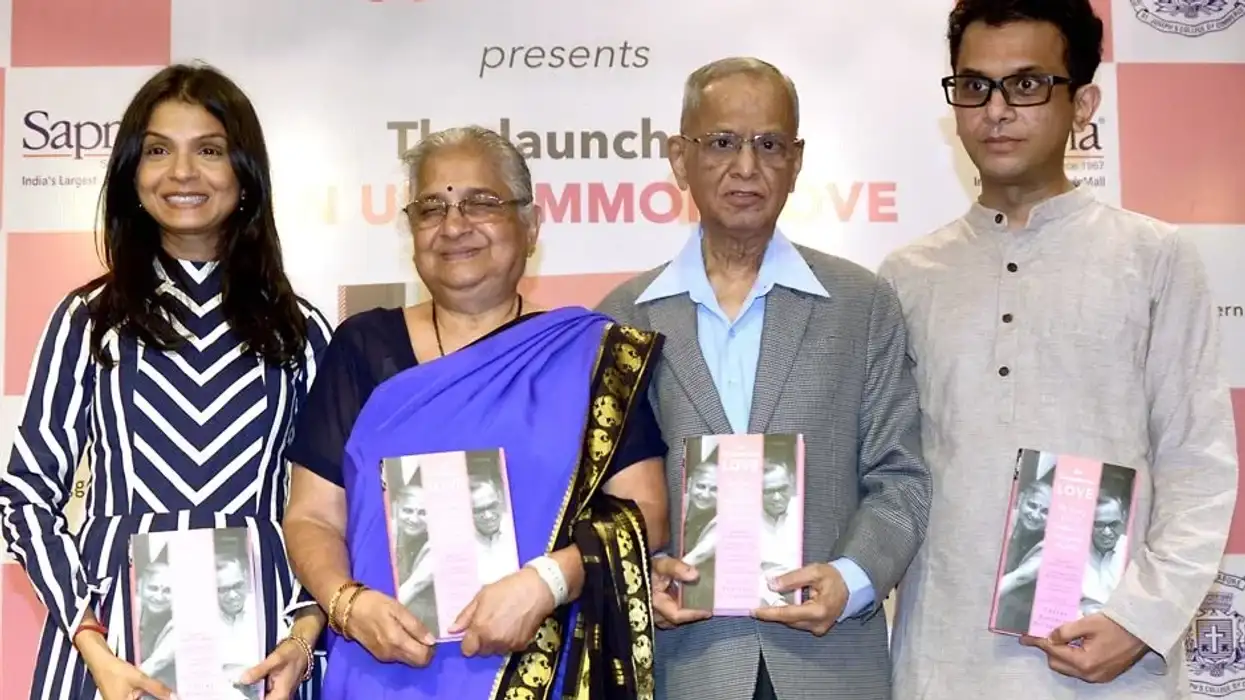THE father-in-law of prime minister Rishi Sunak and the co-founder of Indian IT giant Infosys, NR Narayana Murthy, has gifted 1.5 million shares of the company, valued at £23 million, to his grandson, reports said.
According to stock exchange data released on Monday (18), Murthy's gift to Ekagrah Rohan Murty represents 0.04 per cent of Infosys' share capital, making the four-month-old the youngest millionaire in India.
Murthy and Sudha Murty's son Rohan Murty and daughter-in-law Aparna Krishnan welcomed Ekagrah in November last year.
Their daughter Akshata has two daughters with Sunak - Krishna and Anoushka.
With the latest transaction, Murthy will now own 0.36 per cent from 0.40 per cent in the Bengaluru-based company. The Infosys co-founder held a 0.45 per cent stake or 16,645,638 equity shares of the company, as per December 2023 shareholding pattern.
The mode of transaction was "off-market", the information technology services company said in an exchange filing.
The news of the share transfer reignited memes about the infamous '70-hour work week' endorsed by Murthy.
Following the share transfer, one X user joked, "Infosys finally paid a fresher more than Rs 350,000 (£3,300) per year."
Akshata Murty owns 389,57,096 shares, accounting for 1.05 per cent of the company. According to reports, it is valued around $700 million.
Rohan Murty owns 608,12,892 shares (1.64 per cent).
Murthy's wife and Indian MP Sudha Murty owns 345,50,626 shares, or 0.93 per cent of the company.
Earlier this month, Sudha Murty, 73, was appointed to Rajya Sabha, the upper house of India's parliament. She was former chair of the Infosys Foundation, the philanthropic arm of the global tech behemoth.
The Indian government last year bestowed Sudha with the Padma Bhushan, India's third-highest civilian honour, for her career in social work.
Infosys was founded by Murthy along with his six friends. It started in 1981 in Pune and has since transformed into second largest IT firm in India.





